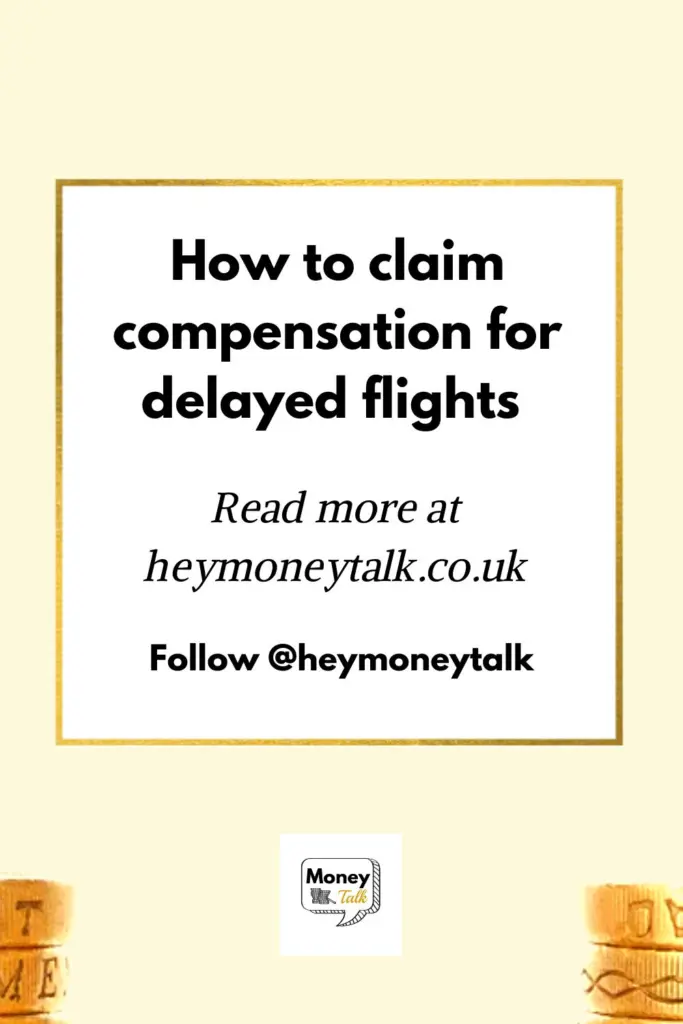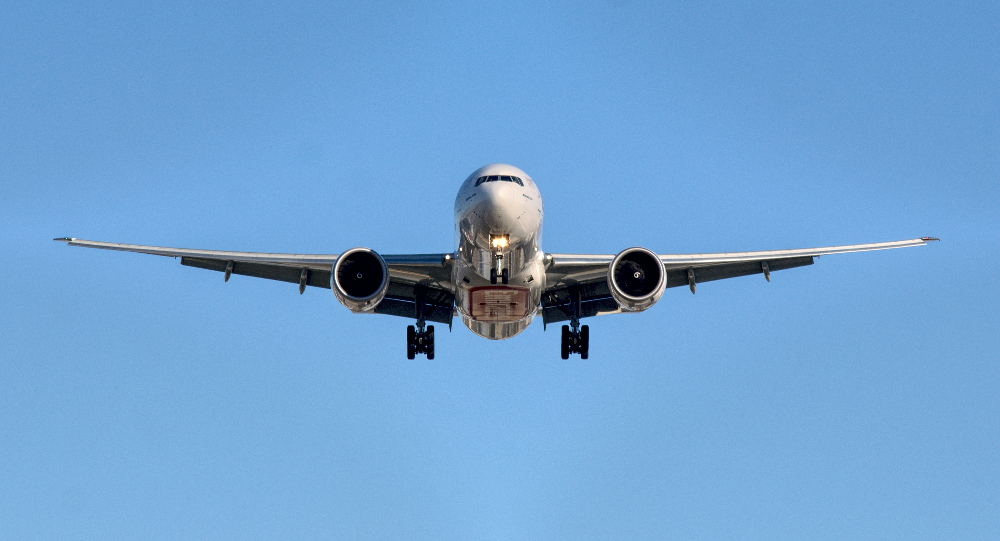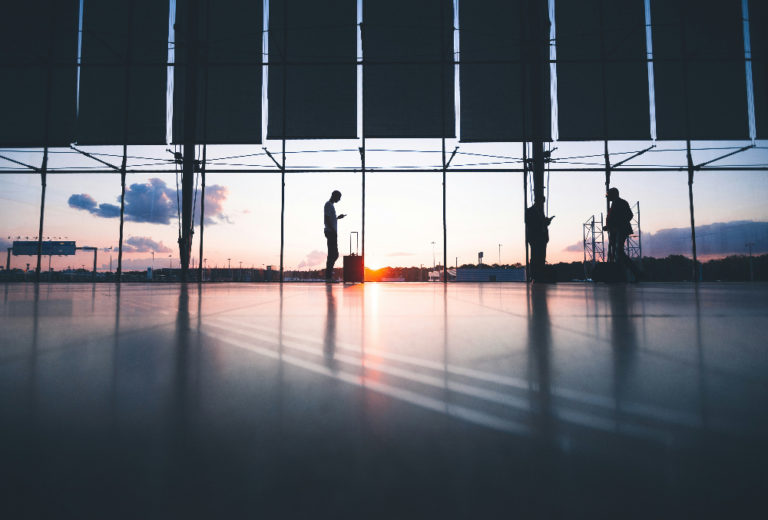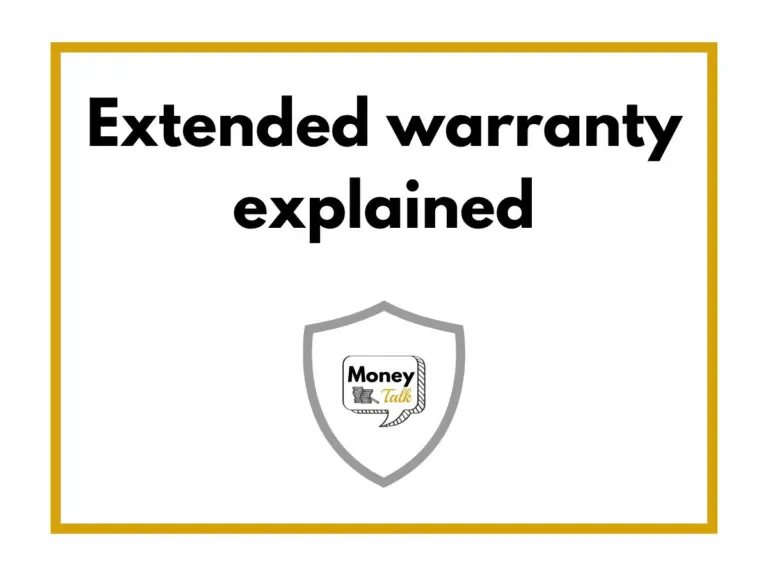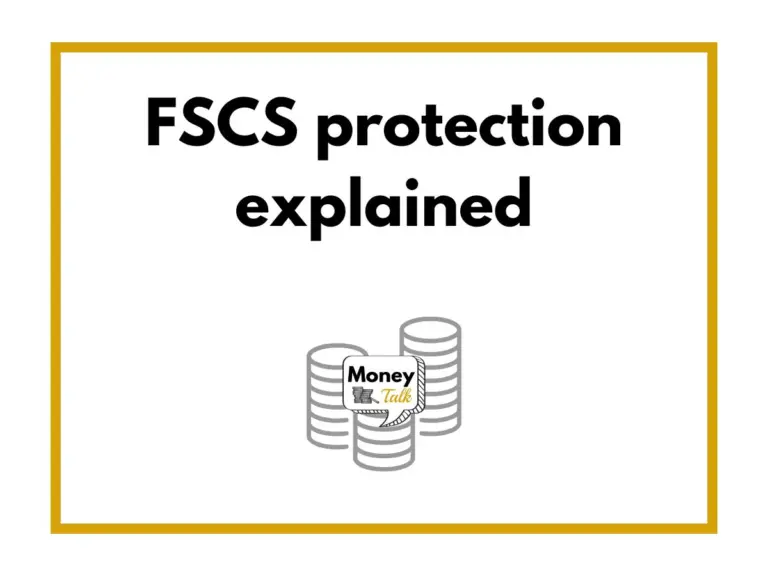How to claim flight delay compensation
Money Talk is intended to inform and educate; it's not financial advice. Affiliate links, including from Amazon, are used to help fund the site. If you make a purchase via a link marked with an *, Money Talk might receive a commission at no cost to you. Find out more here.
Last year I received a £520 pay out from British Airways.
It was compensation for a delayed flight in March 2024 that caused me to miss my onward connection, and turned my two hour layover into a 20 hour one.
The compensation was on top of the £242.98 in hotel expenses it had already repaid.
All this was possible because I knew my air passenger rights, and challenged BA on it when it initially declined my compensation claim – more on that later.
It’s important because delays are almost inevitable these days.
Knowing your rights means being able to get redress where they are legally due, and getting looked after through the airline’s duty of care.
With that in mind, here’s the first part on your rights – what happens when there’s a flight delay.
Read this: Cancelled flight refund and compensation
When UK air passenger rights apply
Firstly, air passenger rights are not universal. Some countries have them, and some countries don’t.
The UK adopted its air passenger rights legislation from EU Regulation 261/2004, so the rules are largely similar.
UK air passenger rights apply if your flight is:
- any airline departing from an airport in the UK
- an EU or UK airline arriving at an airport in the UK
- a UK airline arriving at an airport in the EU
Airlines have a duty of care
Before you even get to the compensation stage, it’s worth knowing that your airline has a duty of care while you’re still travelling.
And while that duty of care doesn’t kick in straight away, once it does, it’s in place until you fly or you decide not to travel.
What the duty of care includes
An airline’s duty of care includes supplying you with the following:
- meals and refreshments (but not alcohol)
- a means for you to communicate, such as phone or data credits
- overnight accommodation, if needed, and transport to and from that accommodation
In practice, most airlines expect you to sort these out yourself and then claim the costs back so do keep all your receipts.
The expenses have to be reasonable, but there’s very little guidance from airlines on what is considered reasonable.
Insurance providers offer some help here – many offer anywhere between £25 to £50 per 12-hour period for food and refreshments so that’s a good boundary to stay within.
As for hotels, it’s a bit more tricky as rates vary so much from country to country – an average hotel in the vicinity of the airport is a good bet though.
In my case, my hotel was pretty expensive at £242.98 a night.
I felt it was reasonable – it was close to 3am by the time I finally got the letter from BA I needed to make a claim, and the hotel I stayed in was the only one in the airport.
And it seemed BA agreed as it didn’t query the amount when it paid me.
I think it probably helped that I didn’t have any additional food and drink expenses as I had lounge access through my frequent flyer status.
When the duty of care kicks in
Unfortunately an airline’s duty of care doesn’t kick in straight away – it only applies when there’s a lengthy delay.
On short haul flights, considered to be those under 1,500km, it starts once your flight is delayed for more than two hours.
On medium haul flights, considered to be those between 1,500km and 3,500km, it starts when your delay is over three hours.
And on long haul flights, considered to be those over 3,500km, it starts once your flight is delayed for more than four hours.
After a five-hour delay, you can decide not to travel. In this case the airline must offer you a full refund.
If you still want to travel then the airline’s legal obligations continue.
My flight with BA was the first of two legs, and most of the people on board were meeting onward connections.
BA came through in this case – it offered all passengers food and refreshments straightaway even though the delay ended up being less than two hours
Are you entitled to flight delay compensation?
You can claim compensation for any delayed flight in the past six years if both of the following applies:
- the delay means you arrive at your final destination more than three hours later than scheduled
- the delay was caused by something within the airline’s control
Things that are considered within the airline’s control include staffing shortages, for example if the airline’s crew goes on strike; a mechanical fault with the plane; or if the airline is missing some equipment.
Things that are considered outside of the airline’s control include bad weather, strikes by airport staff or air traffic controllers, a bird strike or any kind of conflict.
Documents for flight delay compensation claims
You can only make a claim for compensation once you’ve landed – and know how long you’ve been delayed – but it’s important to collect all the information you need while you’re still travelling.
Ideally you’ll get some kind of document from the airline that explains the cause of the delay, as well as the length of delay.
Sometimes this is offered at the airport, but often you have to request it from the airline once you get back.
You’ll also need your boarding card as proof that you’ve travelled.
How much is flight delay compensation?
Like the duty of care, the amount of compensation for flight delays depends on where you’re travelling to.
On short haul flights you’ll get £220, on medium haul flights it’s £350, and on long haul flights it’s £520 – or £260 if you arrive at your destination with a delay of under 4 hours.
For connecting flights, if it’s all part of one booking, it’s actually your final destination that counts rather than any stops in the middle.
In my case, I was flying to Ho Chi Minh City via Doha. I had a layover of around two hours, which is normally enough to make the connection.
However, because of the delay to the BA flight on the first leg, I missed my connection and wouldn’t get to my final destination until a day later.
The total journey distance (10,187km) and delay time (18+ hours) entitled me to the maximum allowable compensation of £520.
How to make a flight delay compensation claim
Whether you’re claiming for expenses or for compensation, your claim should be made to the airline you travelled with rather than the one you booked through.
Most airlines will have either a webpage that you can use to submit your claim or an email address you can contact.
You’ll need to supply all your supporting documents, such as receipts and boarding pass, and probably a brief blurb on what you want – ie refund of expenses and/or compensation.
This piece on how to complain effectively will steer you towards what to include but it’s important to be as succinct as possible.
You can also use services such as AirHelp* to do the claim for you, but bear in mind that you’d have to pay for their services out of any compensation you receive.
Meanwhile, there are also free services such as Resolver, but I’ve personally found that some airlines just flat out refuse to deal with claims submitted this way.
Where to direct your claim
As mentioned above, you need to lodge your compensation claim directly with the airline.
Here are the links to the main UK airlines’ compensation pages:
What if you’re unhappy with the outcome of the claim?
Once you’ve submitted your claim, an airline has up to eight weeks to respond and make a decision so the process can be quite drawn out.
In a perfect world they’ll accept your claim and payout straight away.
If they decline, you can challenge them on it.
And if they still don’t accept your claim, and you think you’ve got a case, you can escalate it via an alternative dispute resolution (ADR) scheme the airline has signed up for, or the Civil Aviation Authority (CAA).
As a last resort, you can take them to court.
I submitted my claim to BA on 8 March 2024, a day after I finally landed in Ho Chi Minh City, and it got back to me impressively quickly on 11 March 2024.
However, it initially declined my claim, saying the delay was due to “damage to the aircraft”, which was out of its control.
I asked the agent in charge of my claim to clarify the cause of the damage, pointing out the fact that I was told by multiple BA staff, including the pilot, the delay was due to a technical issue.
Technical issues, I added, were not considered extraordinary circumstances – there was precedence in law on this specific issue.
The agent said the cause of the damage was being investigated, but repaid my expense claim in the meantime.
I made a note to follow up and, after almost two months, BA finally agreed I was right and paid up.
So you see, it pays to be persistent and to know your rights.
This post was originally published in May 2024. It was updated in February 2025.
Pin this for later
